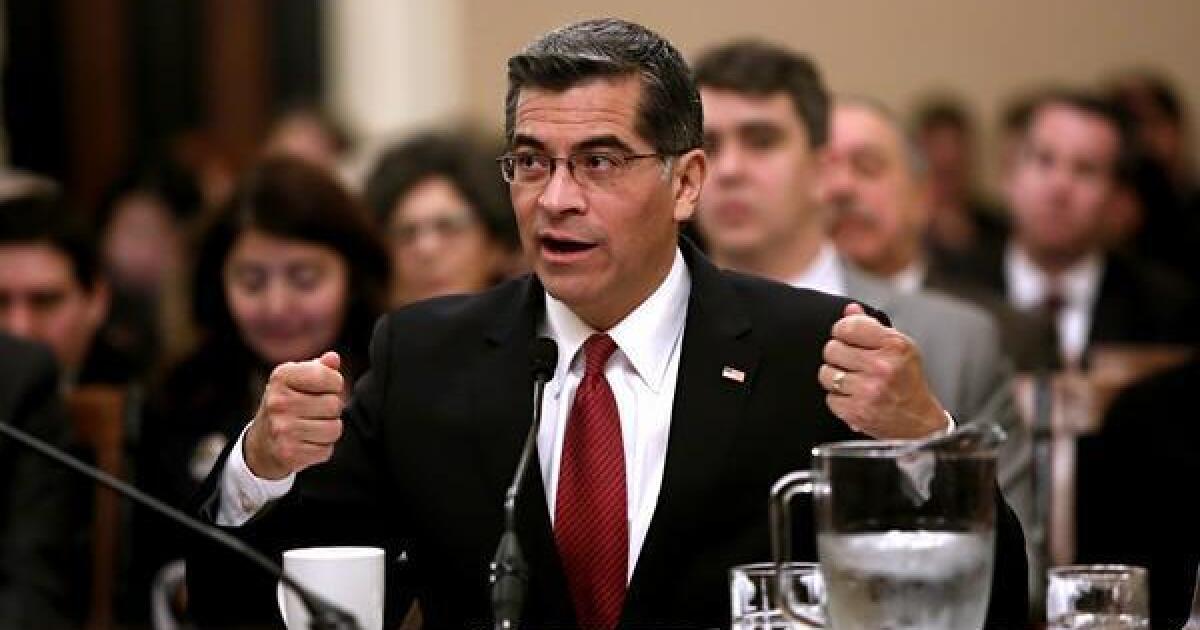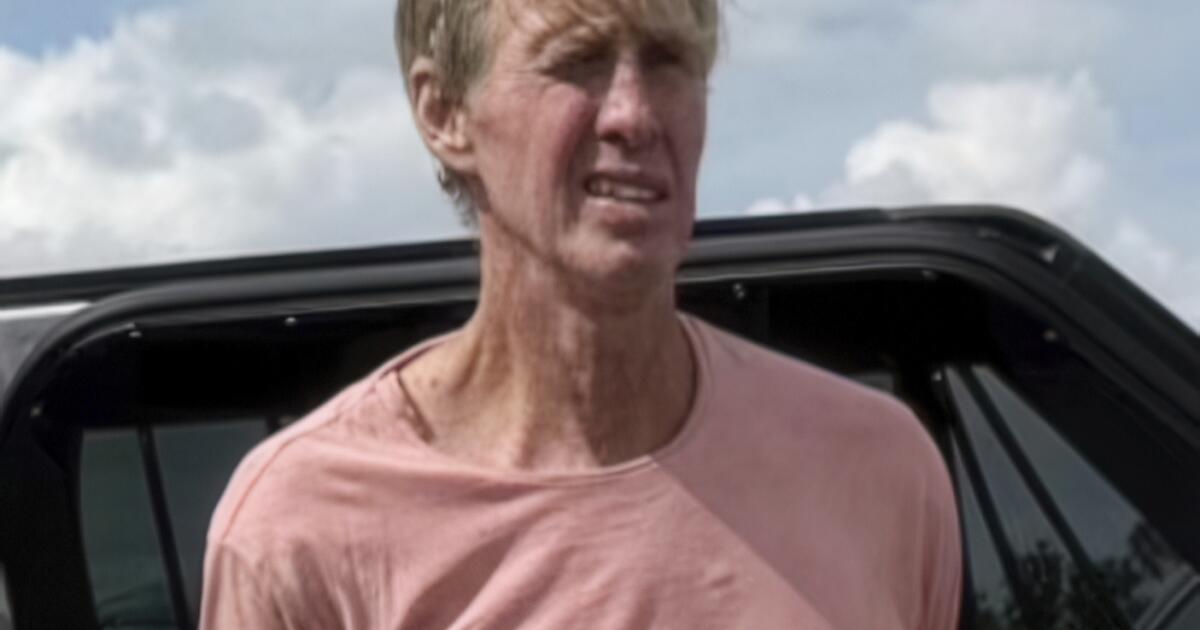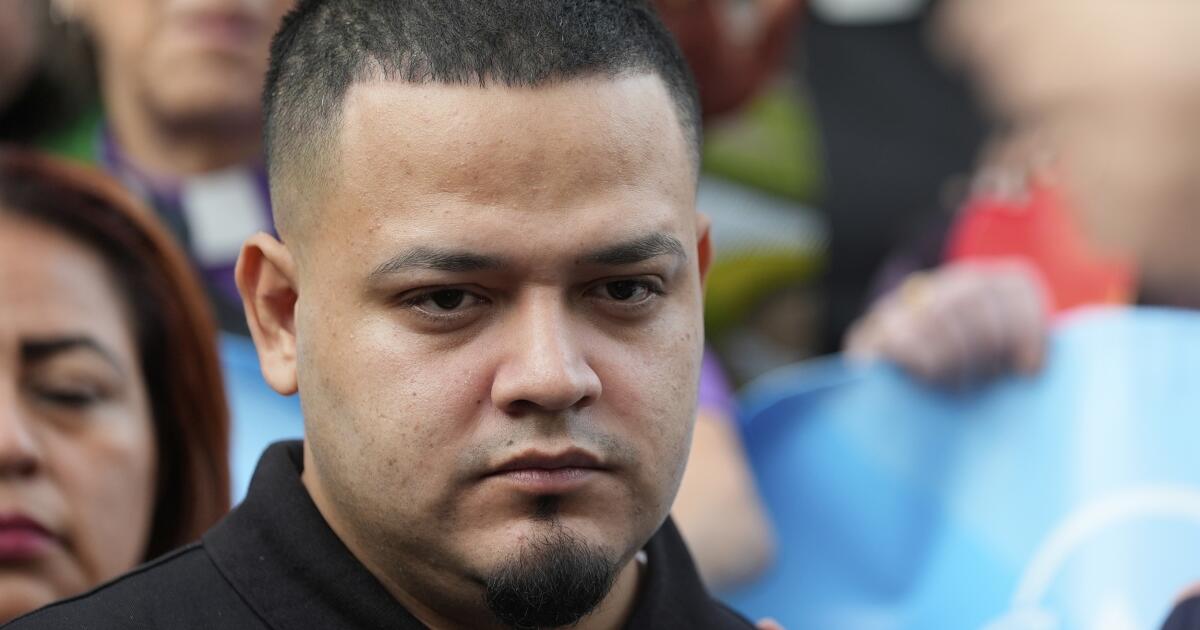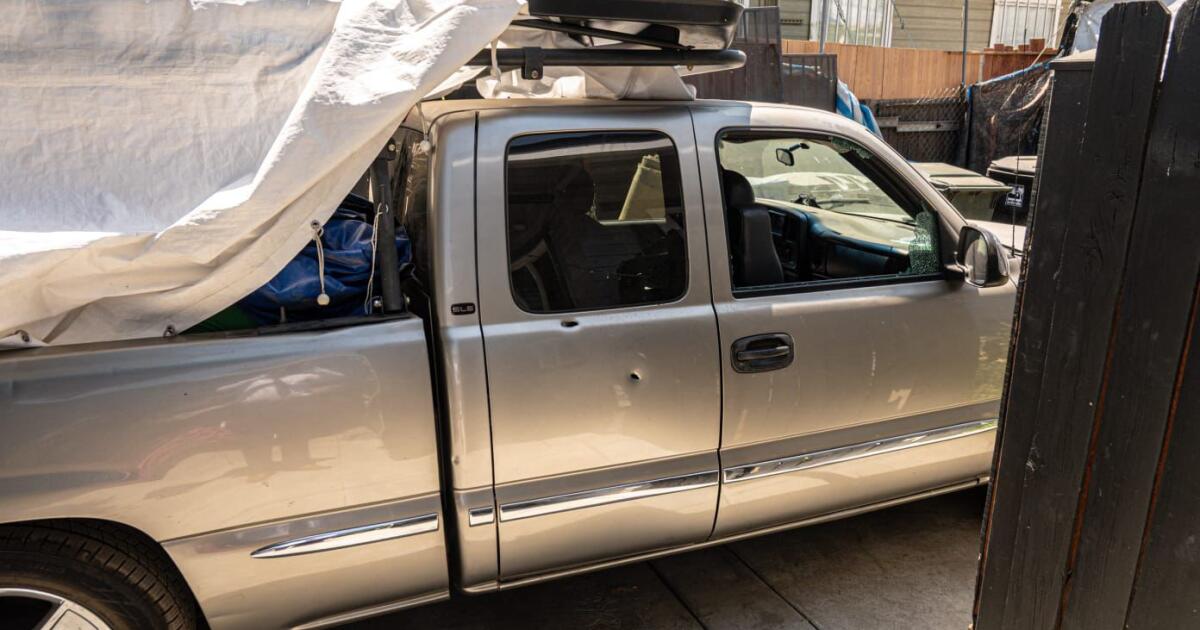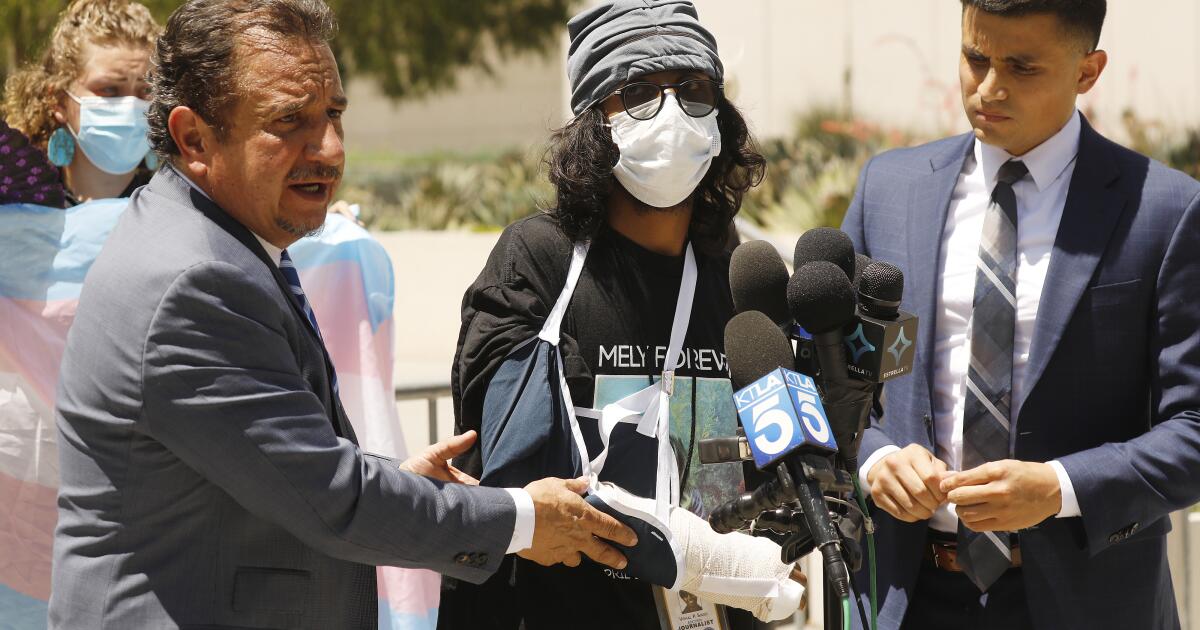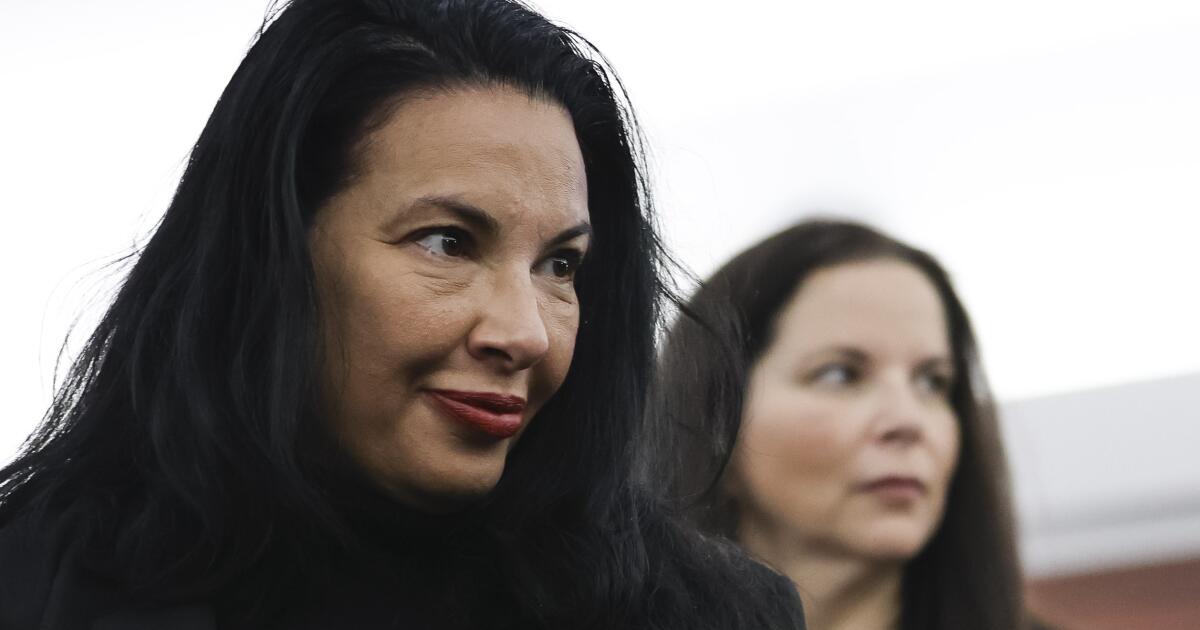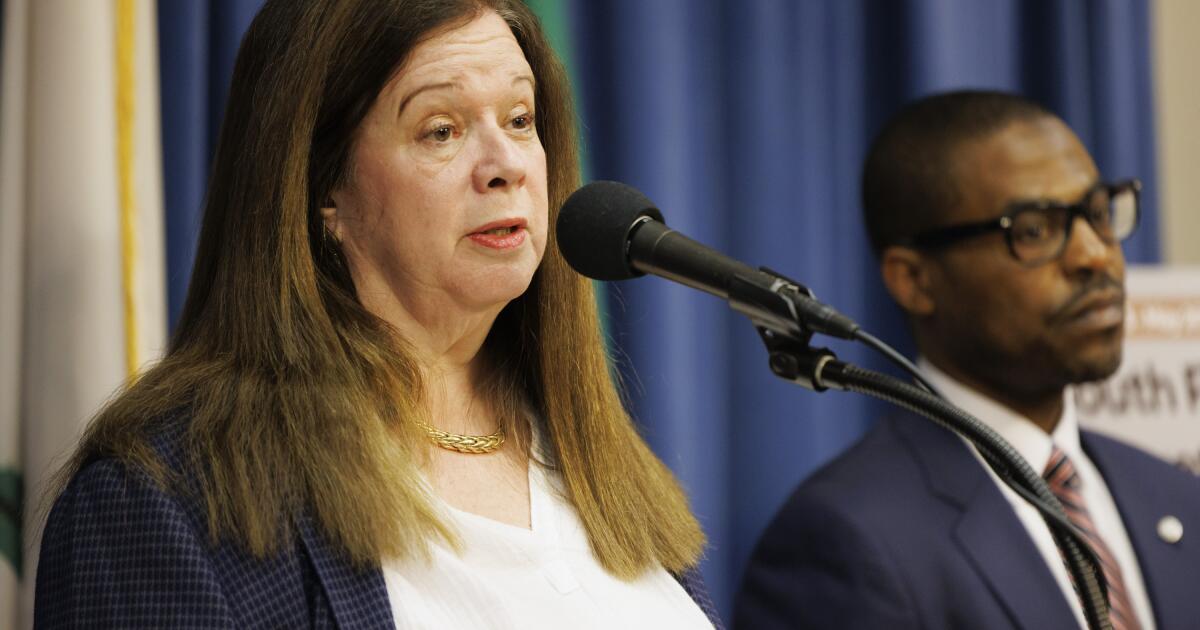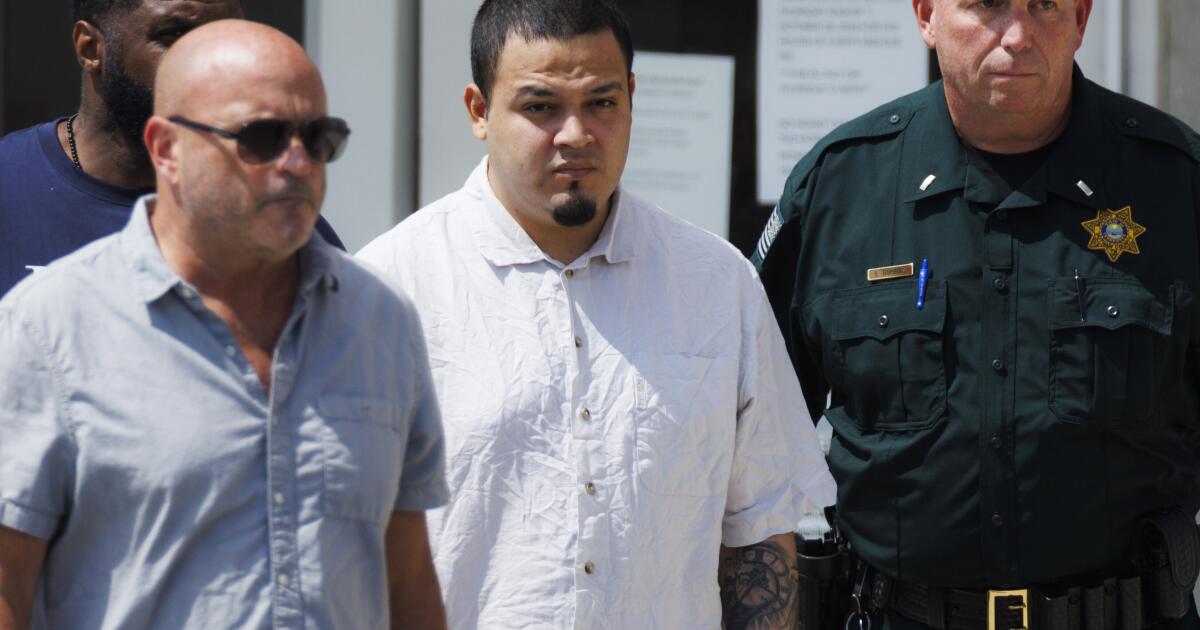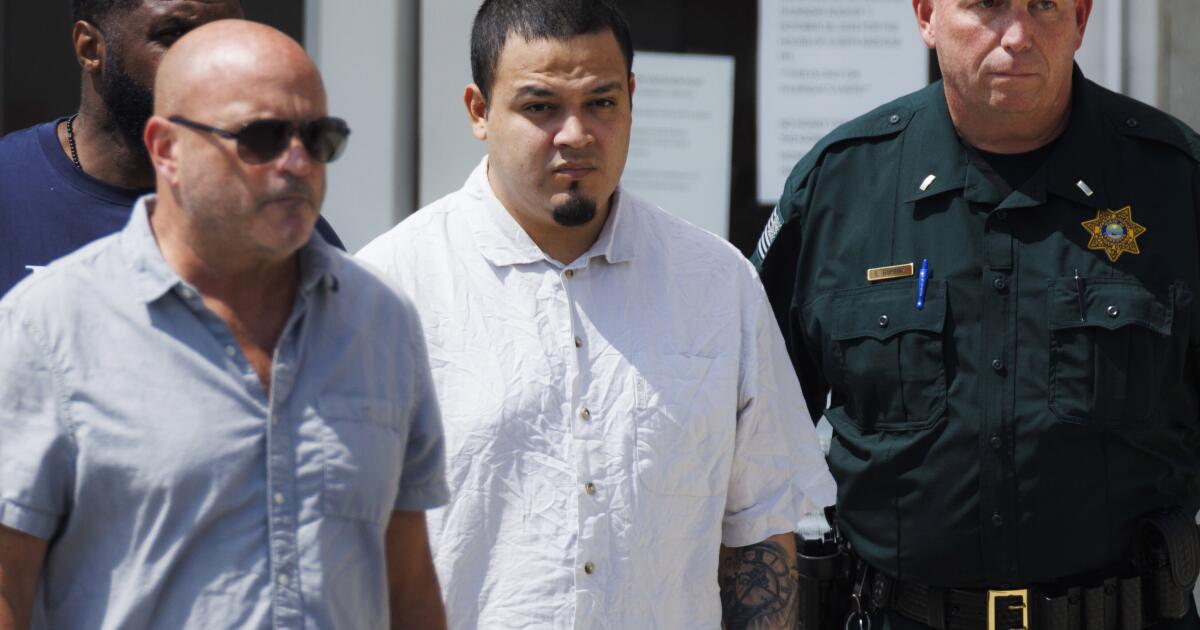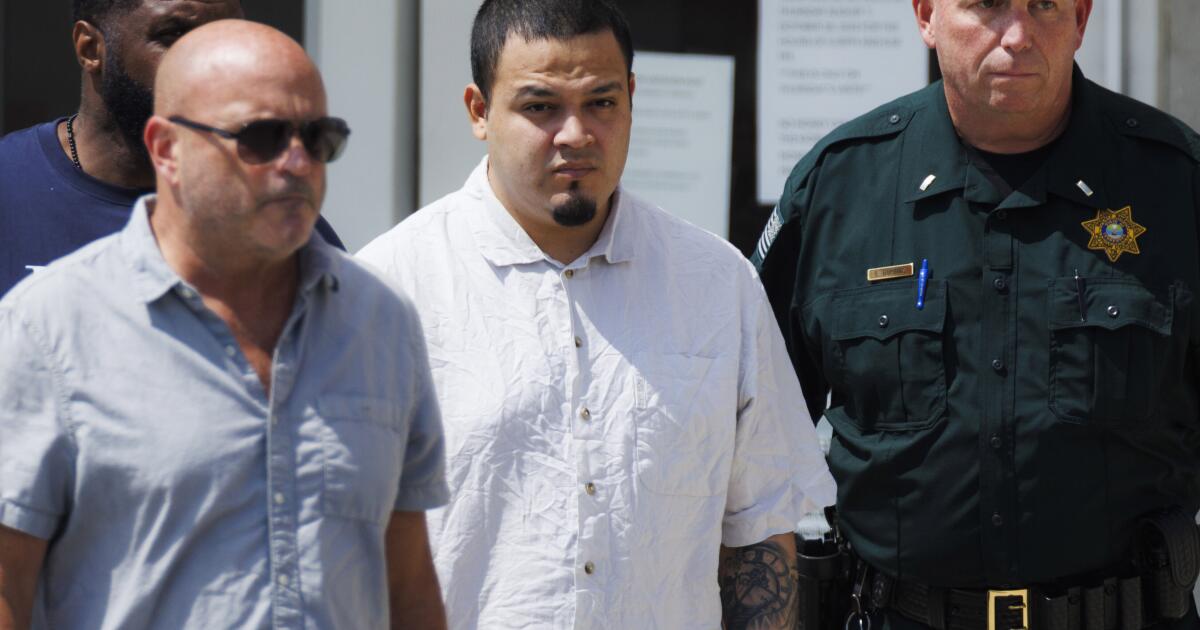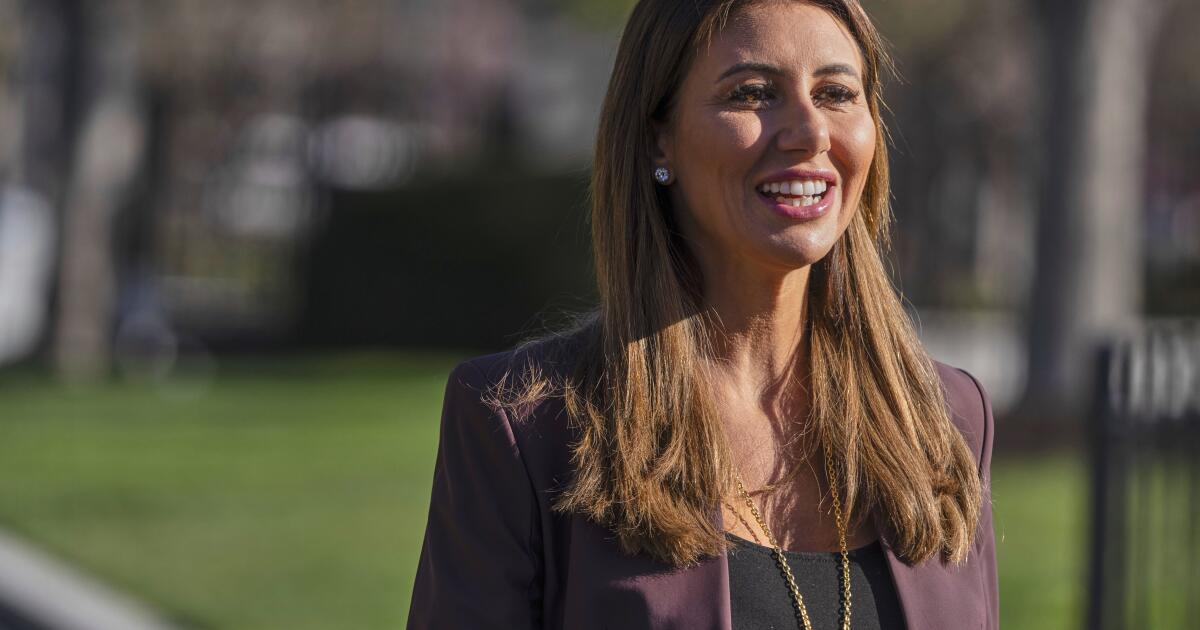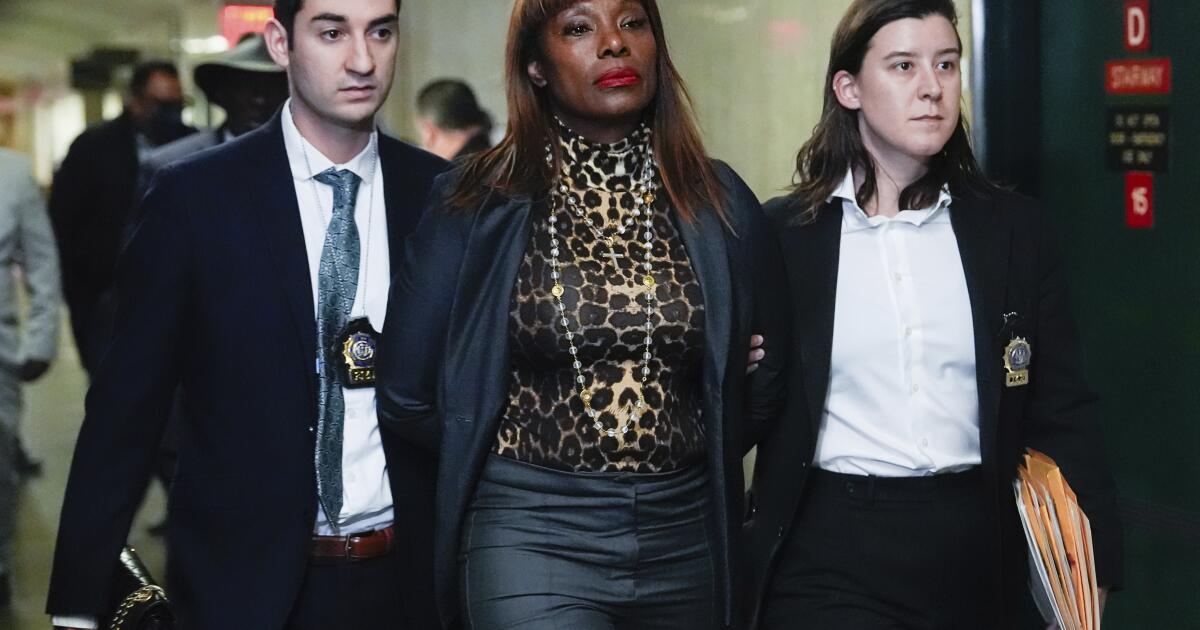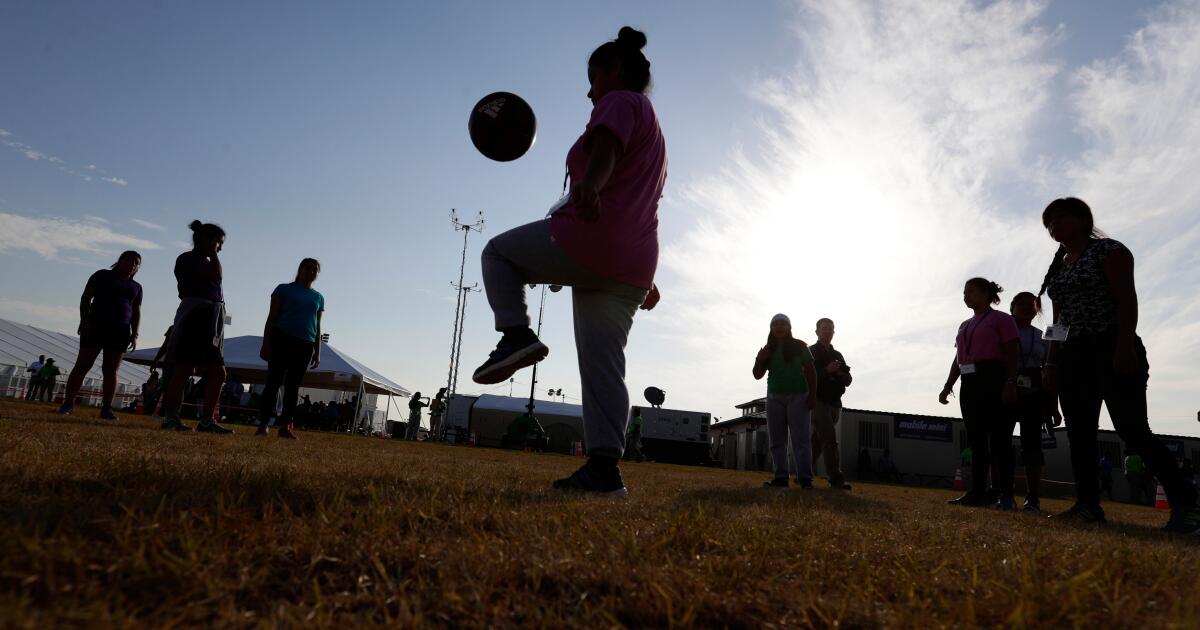Assembly panel recommends Becerra for state attorney general after he promises to protect California against ‘federal intrusion’
Reporting from Sacramento — An Assembly panel on Tuesday recommended the confirmation of Los Angeles Rep. Xavier Becerra as state attorney general after the nominee pledged to aggressively defend state policies on immigration, civil rights and the environment against potential attacks by President-elect Donald Trump’s incoming administration.
Before the panel’s 6-3 vote in favor of confirmation, with all Republicans opposed, Co-Chairman Reggie Jones-Sawyer (D-Los Angeles) told Becerra that he expects the state will become involved in a “long and ferocious and hard-fought legal war” with the federal government.
“Now more than ever we need an attorney general who will defend our values and stand up to the next administration’s backward vision for America,” Jones-Sawyer said during the hearing, denouncing Trump’s campaign rhetoric as “xenophobic.”
Gov. Jerry Brown introduced Becerra at the two-hour hearing, warning that “there are big battles ahead” and calling his nominee an “outstanding candidate that can certainly champion the causes we believe in.”
The nomination still must be acted on by the full Assembly, which is scheduled to vote Friday, as well as the Senate. The Senate Rules Committee will hold a confirmation hearing Jan. 18.
Becerra was questioned for more than an hour by members of the Assembly Special Committee on the Office of the Attorney General. He told them he is ready to fight for the state’s values. He told the panel that as the son of hardworking immigrants, he is committed to fighting any federal policy that takes away the rights of Californians who are playing by the rules.
“As California’s chief law enforcement officer and legal advocate, I am going to be ready to deploy those values and life lessons to advance and defend the rights — big and small — of all Californians,” Becerra told the panel. “Everyone who plays by California’s rules deserves to know, ‘We’ve got your back.’ ”
The 12-term congressman said he supports the state’s policies protecting the environment and civil rights. He said he opposes racial profiling by police and the stop-and-frisk policies of other cities.
With Trump proposing mass deportations and registration of immigrants from predominantly Muslim countries, Becerra said, “the head winds from outside of California could threaten the basic rights of so many families like the one I grew up in.”
“At risk is the notion that anyone who, like my parents and yours, works hard and builds this country can dream to own their own home, send their kids to college, earn a dignified retirement,” he said.
Asked about threats of cuts in federal funding to sanctuary cities, Becerra said cities will not protect violent criminals.
“‘Sanctuary’ is simply saying we are not going to go out there and do the bidding of an aggressive immigration enforcement agency.”
Becerra noted that federal law, on occasion, preempts state law, but he said he will be vigilant in ensuring that the state’s laws are preserved to the extent possible.
“If we have laws in place, we have every right to protect those laws,” Becerra said. “And while the federal government has preemption authority in most cases against the state for matters that are federal in nature, the federal government would have to prove that what it’s doing is federal in nature and that it isn’t violating the state’s rights to enact laws that improve the welfare of its people.
“You will find me being as aggressive as possible working with all of you to figure out ways that we can make sure there is no federal intrusion in areas that are really left to the state in the U.S. Constitution.”
Republican members called on Becerra to make fighting crime his top priority and said they had concerns about the attorney general failing to defend the rights of gun owners and religious institutions facing interference by the state government.
Assemblyman James Gallagher (R-Plumas Lake) complained about religious nonprofits being told by the state they must inform clients of the availability of abortion services even if it is against their beliefs.
Becerra tried to lighten the mood in the face of deeply philosophical questions.
“You’re getting into some subjects that probably require a few beers,” Becerra said, offering to buy Gallagher a round so they could talk about weighty issues.
Some 50 people testified, with support coming from groups such as the Sierra Club, Los Angeles Police Protective League, Equality California and several labor unions. Only two people objected to the nomination, including an American Independent Party member who questioned whether Becerra had enough years serving as an attorney to be qualified.
Craig DeLuz of the Firearms Policy Coalition said his group wants a state attorney general who can protect the constitutional rights of gun owners.
“Unfortunately, based on the record, we simply do not believe that this nominee is capable of doing that,” DeLuz told the panel.
The National Rifle Assn. also opposed Becerra in a letter.
Follow @mcgreevy99 on Twitter
ALSO
Who’s in and who’s out in the race to replace Rep. Xavier Becerra in Congress
